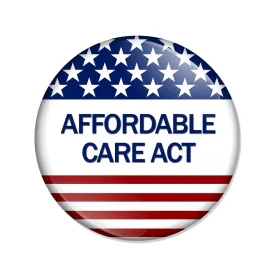The President was slated to speak on drug prices this week in what was a highly anticipated event. Yesterday, word got out that it would be postponed to a date to be determined. The health of the HHS Secretary certainly played a factor in the delay. It forces stakeholders back to the waiting game, try as they may to get a sense of which direction the Administration may go. The speech was expected to coincide with a Request for Information of some kind that is currently pending at OMB. The “HHS Strategy to Lower Drug Prices and Reduce Out-of-Pocket Costs,” while not economically significant, will certainly make people nervous until they see direction from the Administration.
With focus off the President’s now delayed speech, focus will shift back to the Hill and efforts to advance opioid related legislation. On Tuesday, the Senate HELP Committee is marking up four pieces of legislation including the Opioid Crisis Response Act of 2018. The E&C Health Subcommittee will follow suit with their own opioid legislation the next day.
The Administration is also keeping stakeholders alert regarding ACA nondiscrimination protections and Native American protections in Medicaid. This is important in recognizing the Administration is not slowing down with its agenda and will pursue priorities with or without Congressional momentum.
Dems Moving Beyond ACA
After spending the vast majority of 2017 defending the ACA, Democrats are pushing ahead with more robust expansions of health coverage in 2018. The latest, the Choose Medicare Act, by Sens. Murphy and Merkley, proposes a new Medicare Part E, which would offer Medicare coverage as an option for all individuals with new benefits. This proposal joins the Sen. Sanders Medicare for All proposal, the Schatz Medicaid Buy-In Act, and the Sen. Bennet Medicare-X Choice Act
Democrats are clearly reshaping the health care debate with their eyes set on the upcoming elections, tapping into the progressive wing of the party where observers see the most momentum. Depending on your perspective this direction may be encouraging, but for stakeholders, it’s worth noting that the ACA is left vulnerable and change doesn’t come easy.



 />i
/>i

